Have you ever seen your cat staring at the door, waiting for someone who won’t return? The pain of loss isn’t just a human experience—our feline companions feel it too. Whether it’s the passing of a beloved human, a fellow pet, or even a shift in their daily routine, cats can grieve in ways that are both touching and heartbreaking. But the good news is, with patience and understanding, you can help your cat heal. Let’s explore how you can be their source of comfort during this difficult time.
Recognizing Signs of Grief in Cats

Cats may not cry like humans, but their sorrow can be just as intense. Some cats might become withdrawn, hiding in corners or under beds, while others could become clingy, following you everywhere. You may notice changes in their appetite, sleeping patterns, or even grooming habits. They might vocalize more, with plaintive meows that tug at your heart. Sometimes, a grieving cat will search the house as if looking for their lost companion. Understanding these signs is the first step to offering the comfort they need.
Creating a Safe Space
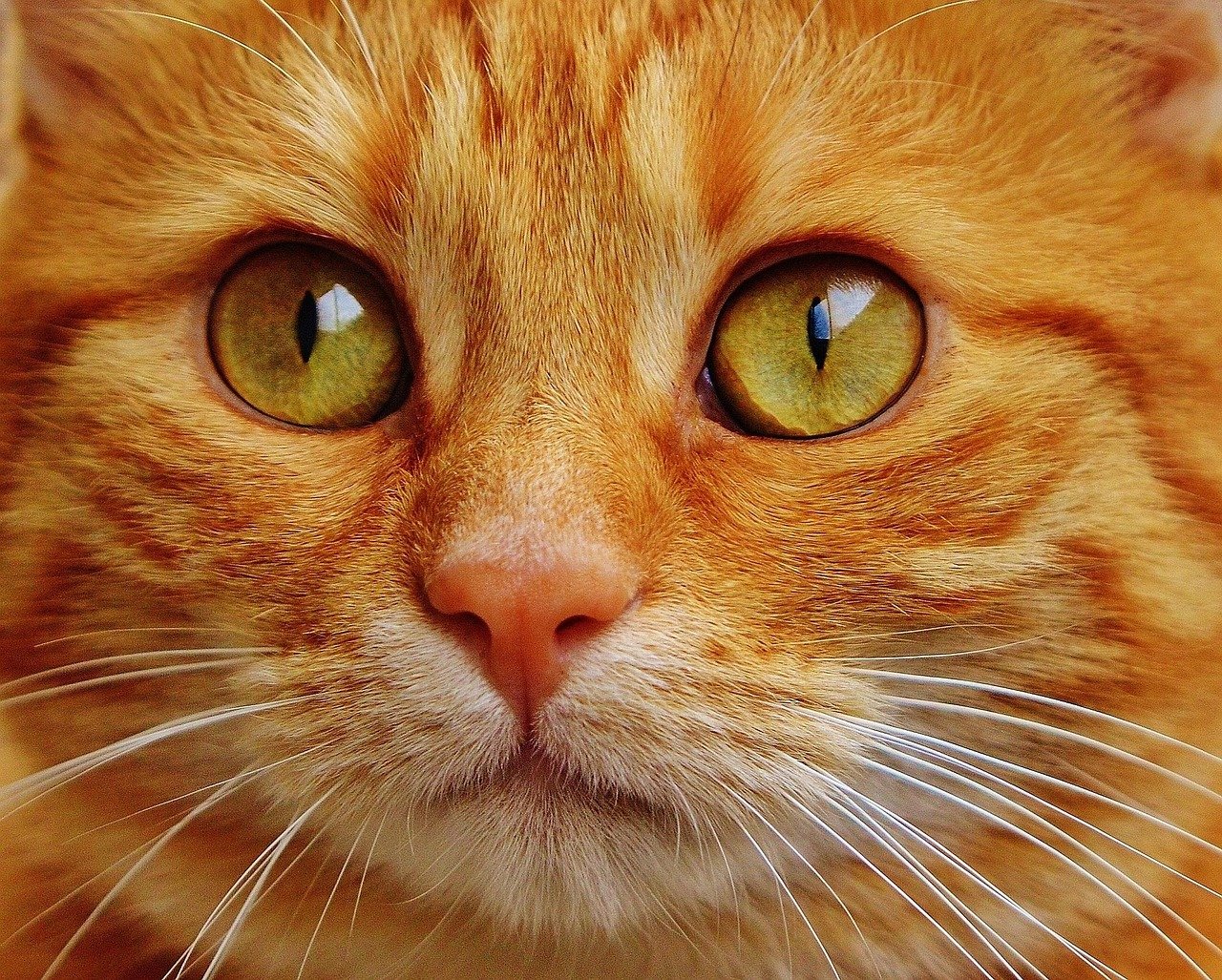
After a loss, your cat needs a sanctuary—a place where they can retreat and feel secure. Set up a cozy corner with their favorite blanket and toys. Make sure this spot is quiet and away from heavy foot traffic or loud noises. You might add items that carry the scent of the lost companion, as familiar smells can provide reassurance. This safe haven allows your cat to process their emotions at their own pace, free from unnecessary stress.
Maintaining Routines
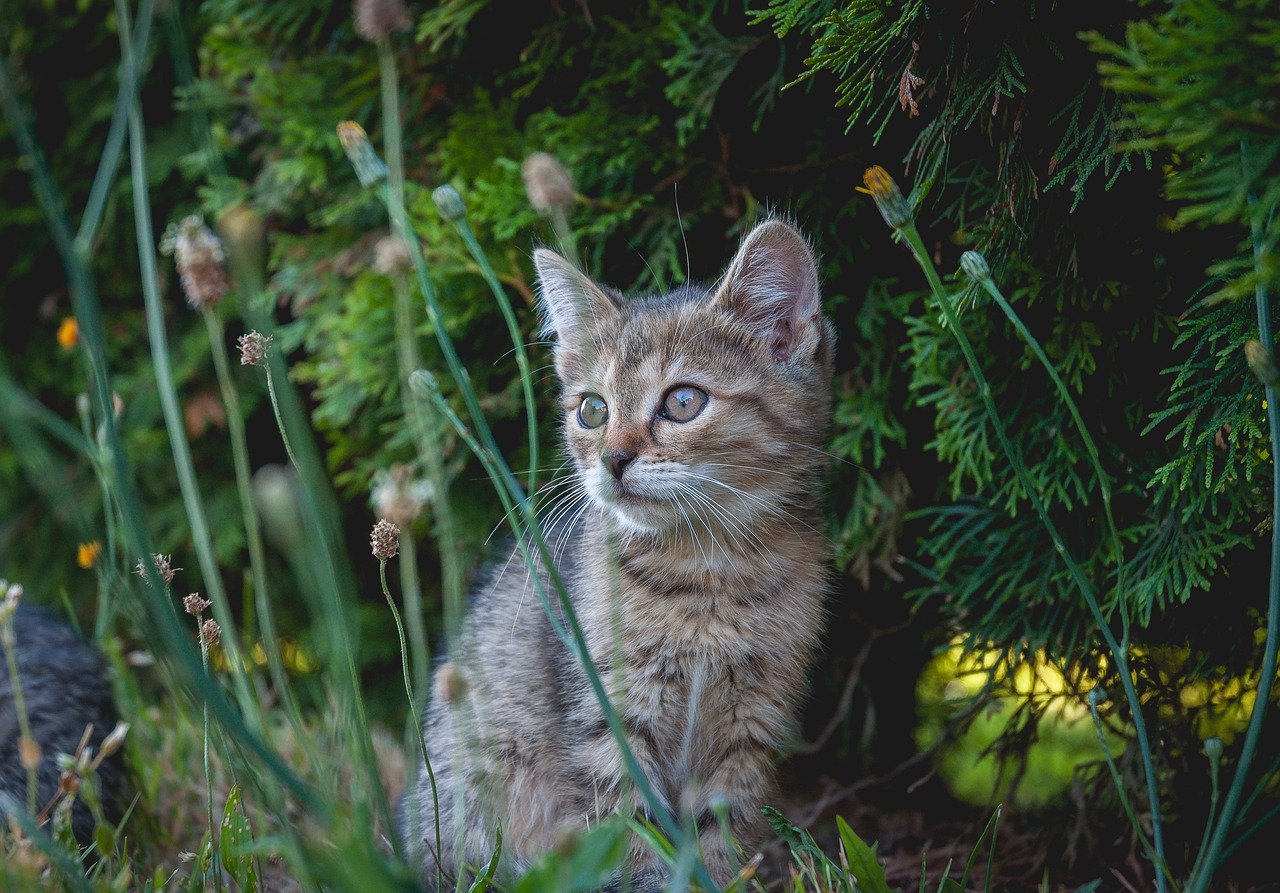
Cats thrive on predictability, and a sudden loss can throw their world into chaos. Try to keep feeding times, play sessions, and cuddle routines as consistent as possible. Even if you’re grieving too, sticking to familiar patterns gives your cat a sense of stability. If you used to walk with your cat’s lost companion, maintain those walks or playtimes, so your cat knows life is still moving forward.
Offering Gentle Reassurance
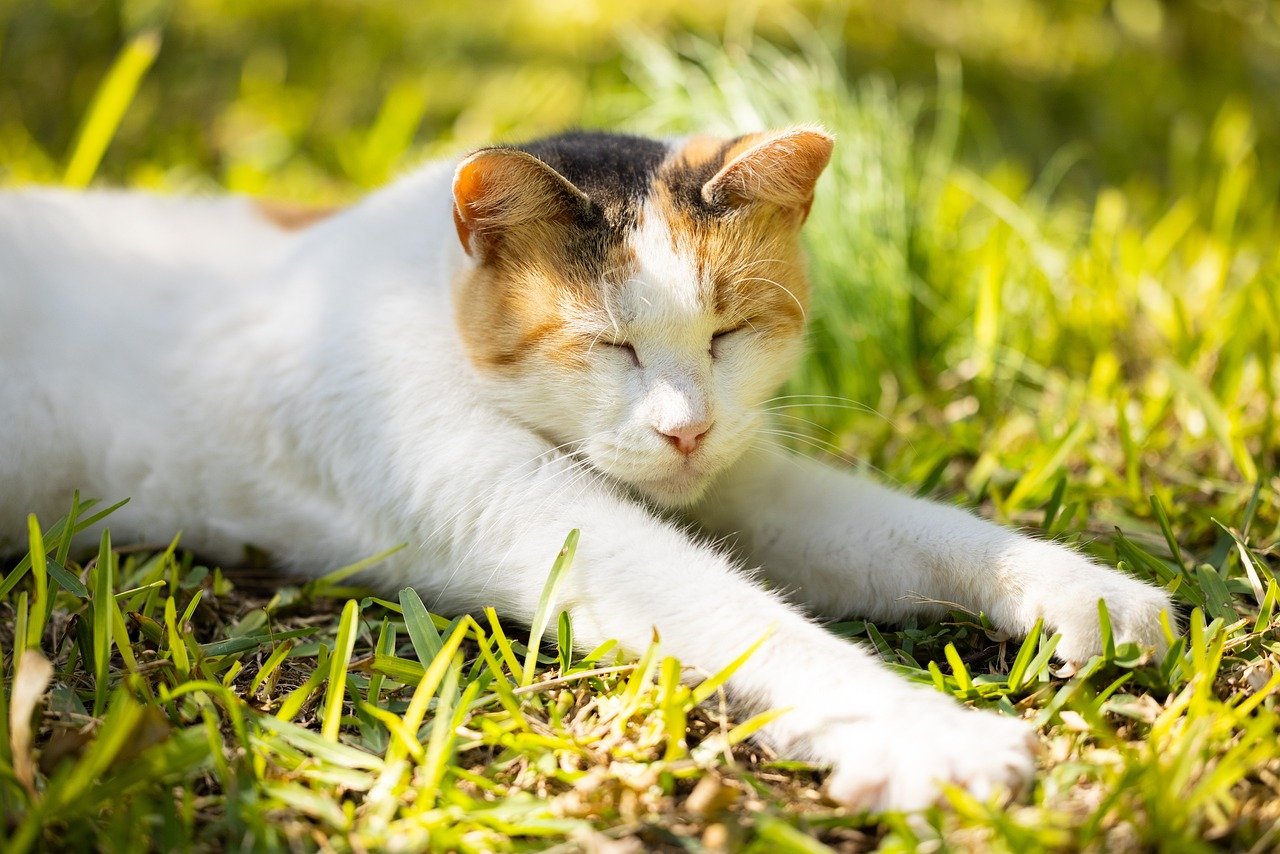
Sometimes, words aren’t necessary—your gentle touch and presence speak volumes. Sit quietly with your cat, stroke their fur, and let them come to you when they’re ready. Avoid overwhelming them with too much attention, but be available when they seek comfort. Softly spoken words or humming can also be soothing. Remember, cats pick up on our emotions, so maintaining a calm and loving demeanor helps them feel at ease.
Encouraging Healthy Eating Habits

A grieving cat may lose interest in food, which can quickly lead to health issues. Offer their favorite meals or treats to tempt their appetite. Warm up wet food slightly to enhance its aroma, making it more appealing. If your cat refuses to eat for more than a day, consult your vet promptly. Sometimes, hand-feeding or sitting with them during meals can provide the encouragement they need to eat.
Engaging in Play and Enrichment

Play is a natural stress reliever for cats. Even if your cat seems uninterested at first, try introducing new toys or activities to spark their curiosity. Wand toys, puzzle feeders, and interactive games can be especially helpful. Keep play sessions gentle and short at first, gradually increasing as your cat shows more interest. These moments of joy can help distract them from their sadness and release pent-up energy.
Allowing Time to Grieve

Just like people, every cat grieves in their own way and on their own timeline. Some may recover quickly, while others might take weeks or even months. Avoid rushing the process or expecting your cat to “get over it” on your schedule. Patience is key—give your cat the grace to feel and heal at their own pace. Your understanding presence is one of the greatest gifts you can offer during this time.
Using Comforting Scents and Familiar Objects
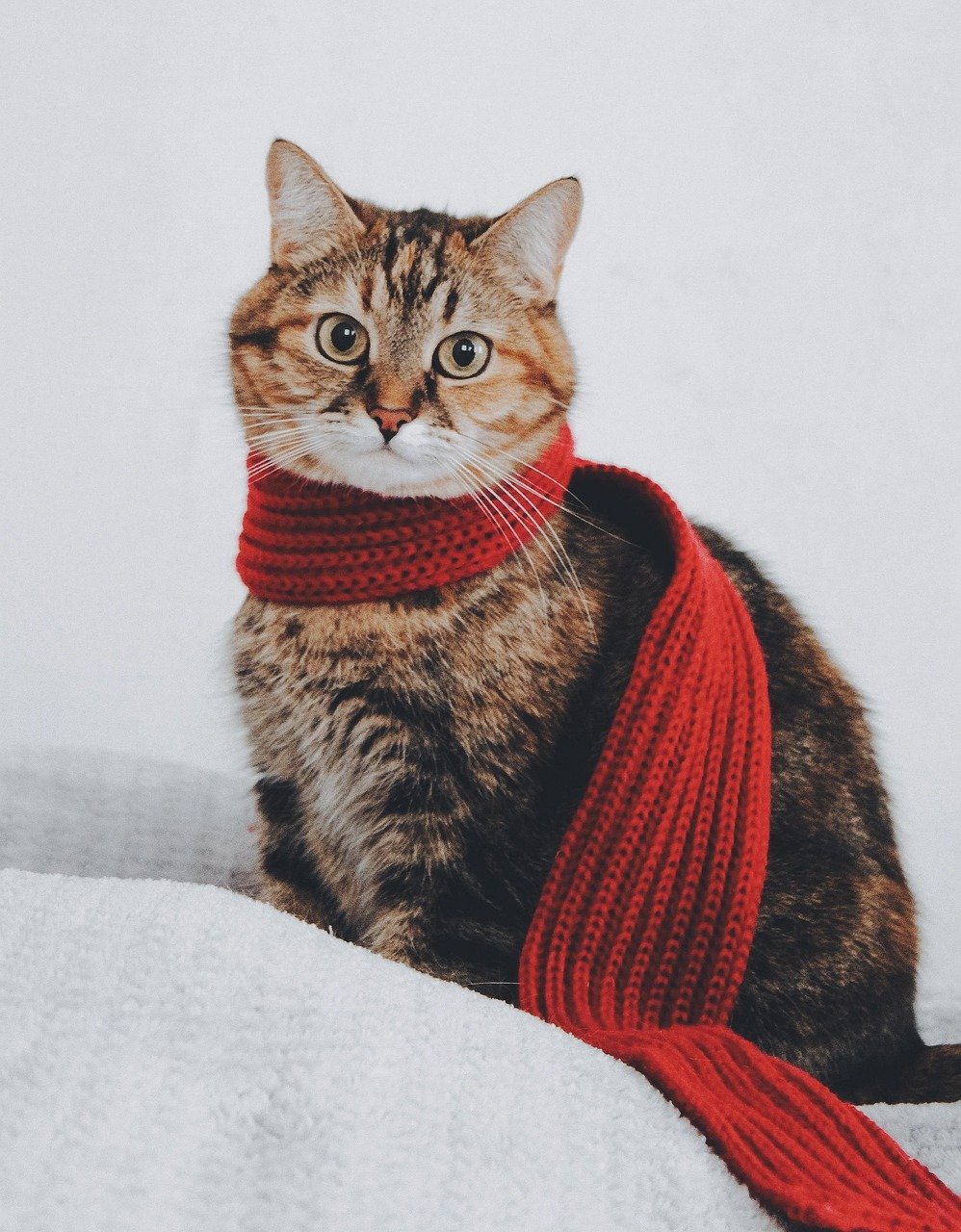
Familiar smells can bring incredible comfort to a grieving cat. Leave out bedding, toys, or clothing that carry the scent of the lost companion. You might also use calming pheromone diffusers, which mimic the natural scents that promote relaxation in cats. These subtle cues can help soothe your cat’s anxiety and remind them that they’re not alone.
Monitoring for Health Concerns

Grief can sometimes mask or trigger health issues in cats. Watch for signs of lethargy, weight loss, vomiting, or changes in litter box habits. If your cat shows any persistent symptoms, a visit to the vet is essential. Sometimes, what looks like grief could actually be an underlying medical problem, so don’t hesitate to seek professional advice.
Introducing Gentle Social Interaction
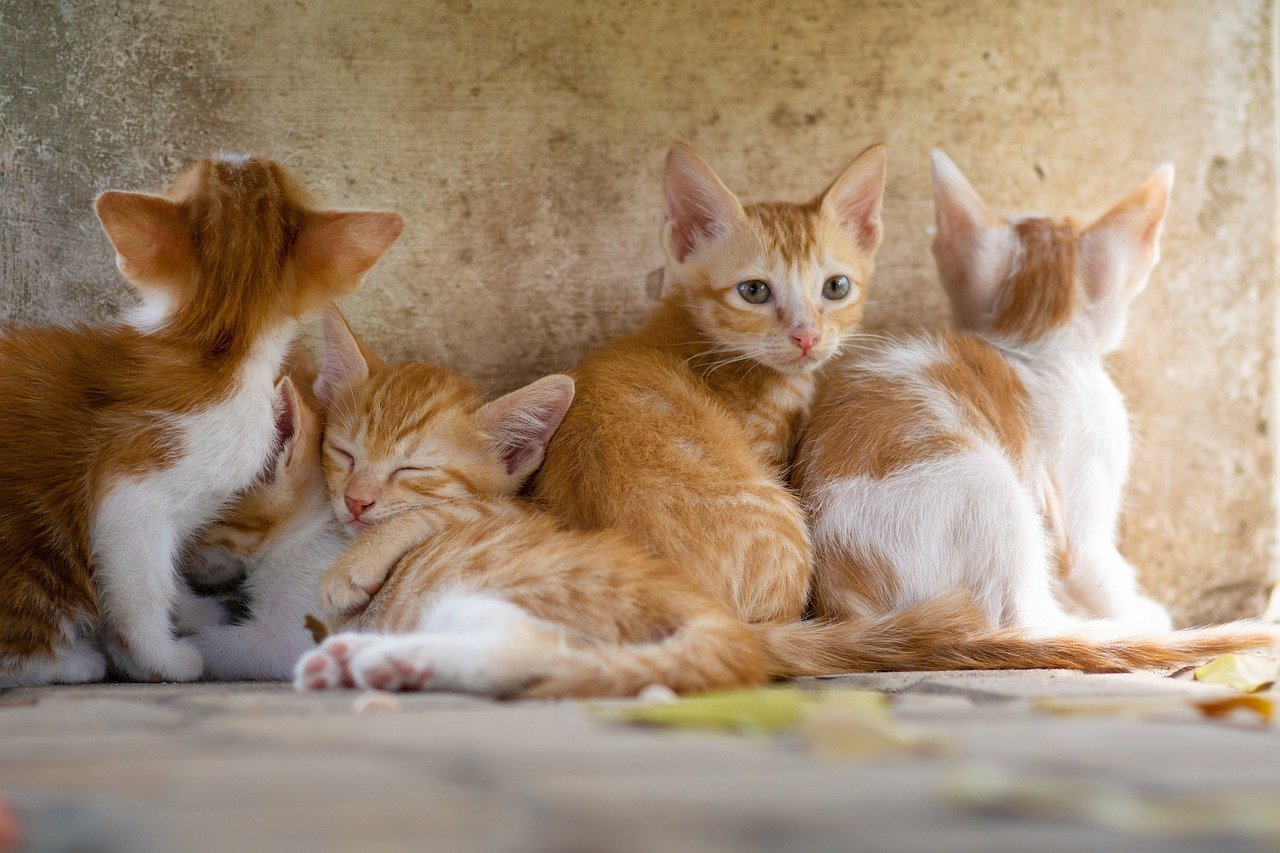
While some cats prefer solitude when grieving, others may crave more affection. Invite your cat to sit with you or gently encourage interaction with trusted family members. Avoid forcing your cat to interact if they’re not ready—let them take the lead. Over time, these moments of connection can help rebuild their sense of trust and security.
Offering Windows to the World

A simple window perch can provide endless distraction and comfort to a grieving cat. Watching birds, squirrels, or just the changing weather can lift their spirits and provide gentle mental stimulation. You might set up a bird feeder outside to attract wildlife, giving your cat something positive to focus on during quiet moments.
Trying Calming Aids and Remedies

There are various products designed to help soothe anxious or grieving cats. Pheromone sprays, calming collars, and anxiety wraps can offer subtle comfort. Some owners find that herbal remedies like catnip or valerian help, but always check with your vet before introducing new supplements. Use these aids as part of a broader comfort strategy, not as a replacement for your love and attention.
Spending Extra Quality Time Together

Your cat may need more of your time and attention after a loss. Dedicate a few extra minutes each day to simply be with them, whether it’s brushing their fur, gentle play, or just sitting quietly. Your presence can be a powerful reminder that they’re cared for and not alone in their grief.
Maintaining a Calm Home Environment

Cats are sensitive to their surroundings, especially during times of stress. Keep your home environment as calm and peaceful as possible. Reduce loud noises, limit visitors, and avoid major changes in the household if you can. Soft music or white noise can help mask unsettling sounds and create a tranquil atmosphere.
Encouraging Exploration and Curiosity
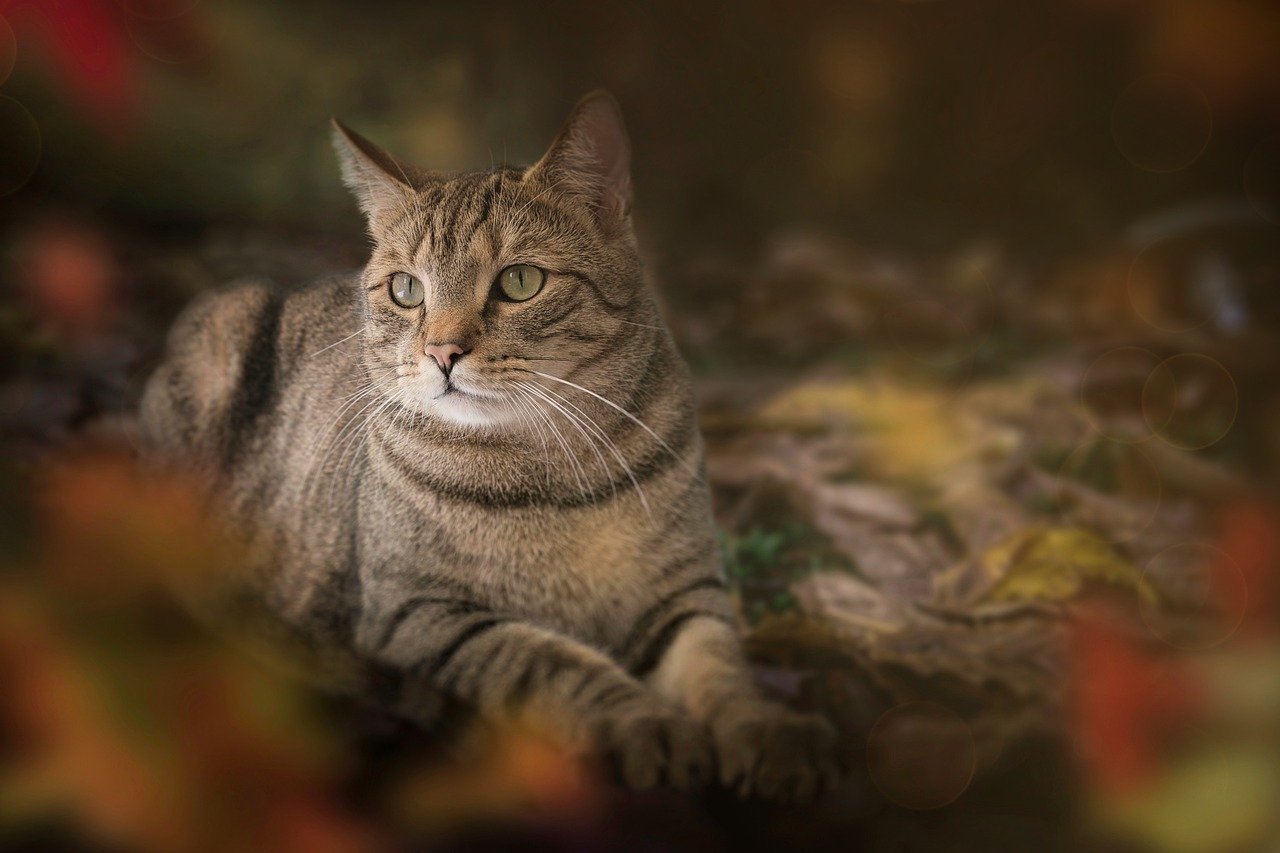
Sometimes a change of scenery, even within the house, can help. Encourage your cat to explore new rooms, safe spaces, or even new toys. Place boxes, blankets, or tunnels in different areas to pique their curiosity. These little adventures can help distract them from their sadness and bring a touch of excitement back into their life.
Understanding When to Seek Professional Help

If your cat’s grief seems overwhelming or prolonged, don’t hesitate to ask for help. Veterinarians and animal behaviorists can offer guidance and, if necessary, therapy or medication. Sometimes, grief can spiral into depression or cause health issues that need professional care. Trust your instincts—if your cat isn’t improving, support is available.
Companionship: Should You Get Another Pet?
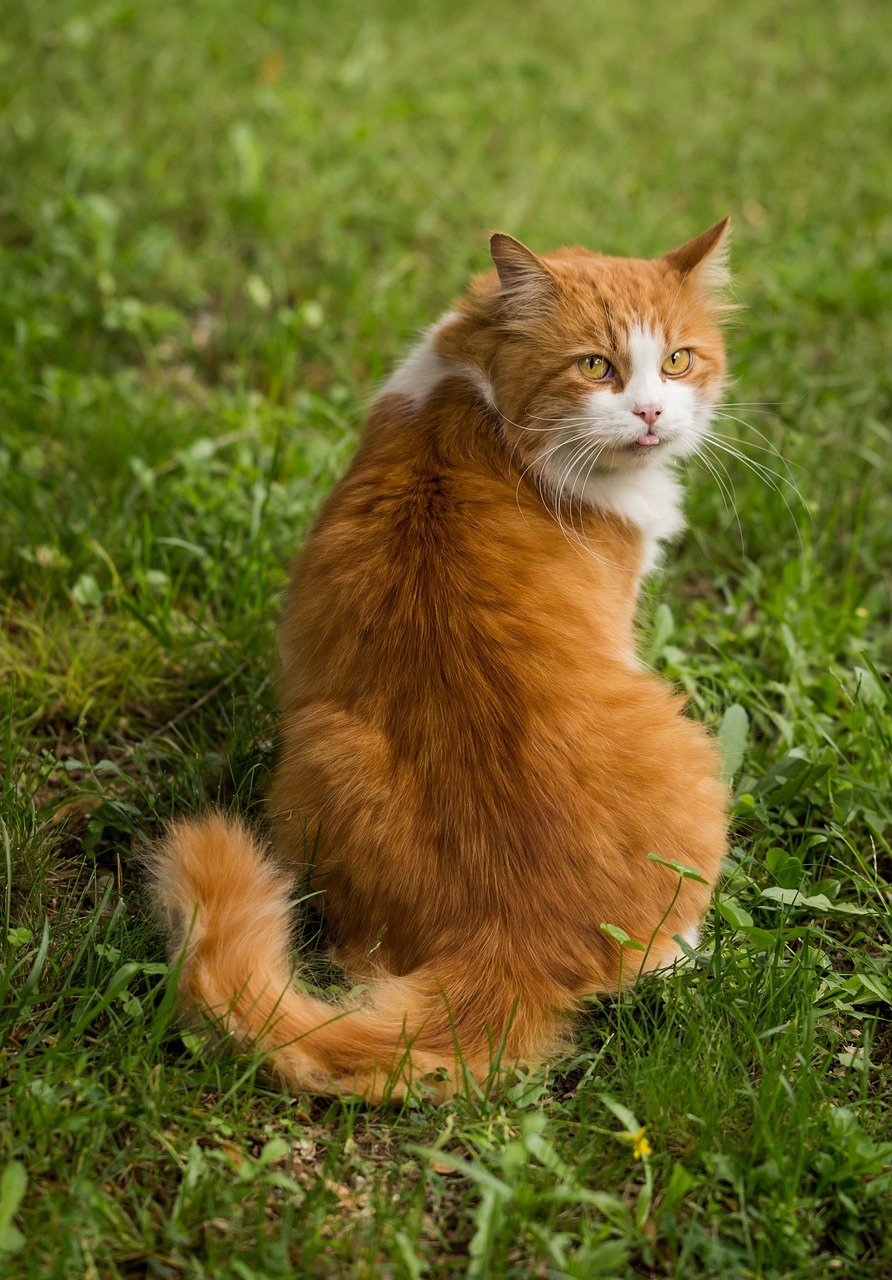
It’s tempting to fill the void with a new companion, but not every cat is ready for that. Consider your cat’s personality and mourning process before bringing home a new pet. Some cats welcome new friends, while others may feel threatened or stressed. If you do decide to adopt, introduce the newcomer gradually and monitor their interactions closely.
Building New Positive Associations

Help your cat create new happy memories by introducing small, positive experiences. This could be a new toy, tasty treat, or a fun activity you’ve never tried together. Celebrate little milestones, like the first time your cat purrs again or shows interest in play. These small victories help your cat rediscover joy and confidence.
Staying Patient with Behavioral Changes
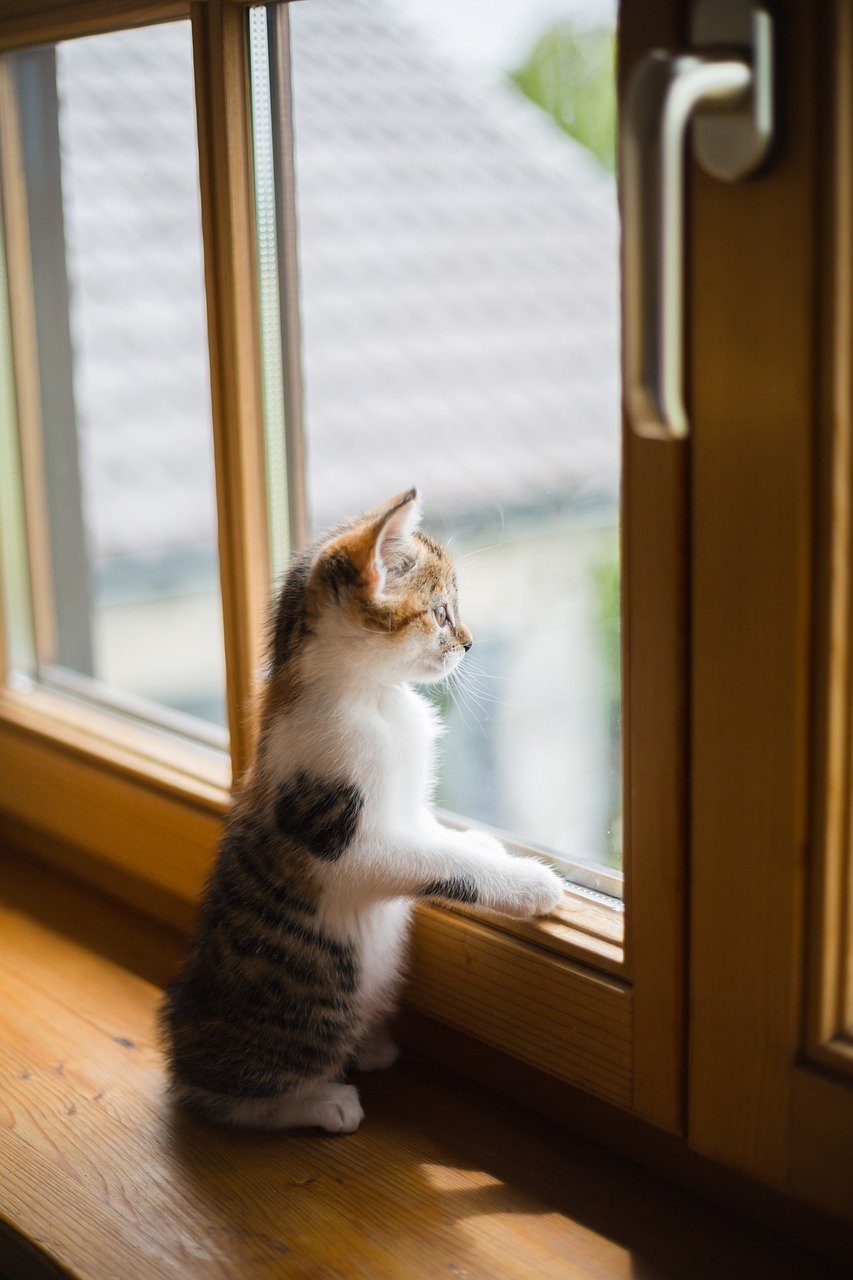
Grief can make cats act out of character—they might be more vocal, shy, or even a bit grumpy. Remember, these changes are a normal part of their healing process. Avoid punishment and instead offer gentle redirection or comfort. Over time, as your cat heals, many of these behaviors will fade away.
Honoring the Memory of the Lost Companion

Creating a small tribute can help both you and your cat process the loss. Set up a photo, light a candle, or keep a special toy nearby. Some owners find comfort in talking about the pet they’ve lost while their cat is nearby. These rituals can be surprisingly soothing, offering a sense of closure and shared remembrance.
Trusting in the Healing Power of Love

Above all, remember that love is the greatest comfort you can give your grieving cat. Your patience, understanding, and presence are more powerful than any remedy or routine. In time, your cat will begin to heal, feeling safe in the knowledge that they are cherished—no matter who’s gone or what’s changed.
Hi, I’m Bola, a passionate writer and creative strategist with a knack for crafting compelling content that educates, inspires, and connects. Over the years, I’ve honed my skills across various writing fields, including content creation, copywriting, online course development, and video scriptwriting.
When I’m not at my desk, you’ll find me exploring new ideas, reading books, or brainstorming creative ways to solve challenges. I believe that words have the power to transform, and I’m here to help you leverage that power for success.
Thanks for stopping by, Keep coming to this website to checkout new articles form me. You’d always love it!






